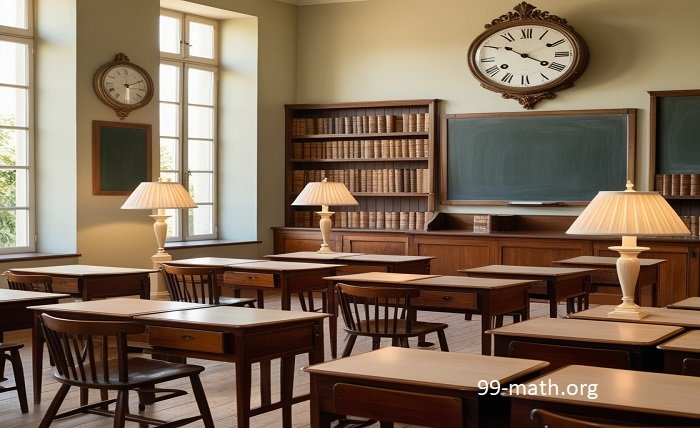Introduction
It has long been acknowledged that formal education is essential to both individual and societal growth. A person’s knowledge, abilities, and prospects are greatly shaped by their formal education, which starts in the early grades and ends with advanced degrees from universities. However, what precisely is formal education, and why is it important in the modern world? This blog article will explore the idea of formal education, including its advantages, disadvantages, and changing educational environments.
What is Formal Education
The methodical, controlled learning process that occurs at establishments such as colleges, universities, and schools is referred to as formal education. It adheres to a curriculum created to give pupils a foundational understanding of a variety of areas. Formal education is distinguished from informal or non-formal learning environments by its structured approach, which encompasses standardized tests, certification, and a well-defined course of study.
Historical Evolution of Formal Education
Old Roots
The roots of formal education can be found in antiquated societies. Formal educational systems were in place in ancient Egypt, Greece, and China to educate the elite and prepare them for positions in science, philosophy, and government. The foundation for today’s organized approach to education was established by these early systems.
Renaissance and Medieval Developments
formal education in Europe during the Middle Ages was primarily religious, with a focus on clerical training in monasteries and cathedral schools. Universities were founded during the Renaissance, which also witnessed a resurgence of classical education. These institutions later emerged as hubs for research and higher study.
Key Components of Formal Education
The syllabus and curriculum
The curriculum is the organized set of topics and learning goals that students must complete. It comes with a curriculum that lists the precise subjects and abilities that must be taught. A carefully thought-out curriculum meets different academic and developmental demands while guaranteeing a thorough, well-rounded education.
Evaluation and Assessment
In order to assess students’ learning and development, formal formal education usually uses tests, exams, and assignments on a regular basis. Evaluations aid in gauging the efficacy of instructional strategies and offer input to teachers and students alike.
The Benefits of Formal Education
Individual Growth
By broadening formal education‘s perspectives intellectually and developing their critical thinking and problem-solving skills, formal education promotes human growth. It offers a disciplined setting for acquiring and honing vital life skills.
Financial Possibilities
Higher earning potential and improved employment opportunities are frequently correlated with education. A formal education can provide one a competitive advantage in the work market and offer doors to a variety of career choices.
Challenges in Formal Education
Equity and Accessibility
Ensuring equitable access to formal education for all people, irrespective of their financial status, place of residence, or disability, is one of the main obstacles. Inequality may be sustained by differences in access to and opportunities for education.
Education’s Quality
There can be large regional and institutional differences in the quality of education. Outdated curricula, insufficient teacher training, and a lack of resources are just a few examples of the factors that can
The Future of Formal Education
Hybrid and Online Education
With more flexible and accessible options for students, the emergence of online and hybrid learning methods has completely changed the face of traditional education. These methods make use of technology to offer a variety of materials and learning opportunities.
Individualized Instruction
Personalized learning, which adapts formal education experiences to each student’s unique needs and interests, is becoming more and more important. Two essential elements of this strategy are differentiated education and adaptive learning technologies.
Conclusion
formal education is still essential for the advancement of both individuals and society. It equips people with the know-how, abilities, and credentials required to successfully negotiate the challenges of contemporary life and make a positive impact on society. Even if there are still difficulties, education is still being improved upon and reformed to solve these problems and mold learning for the future.
FAQ
What is the primary purpose of formal education?
formal education is to offer a methodical and controlled approach to learning, giving people the fundamental knowledge, abilities, and credentials required for both professional and personal development.
How does formal education differ from informal education?
Formal education follows a predetermined curriculum and is conducted in institutions that are usually structured and ordered. Conversely, informal education takes place outside of formal settings and encompasses relationships, experiences, and self-directed learning.

